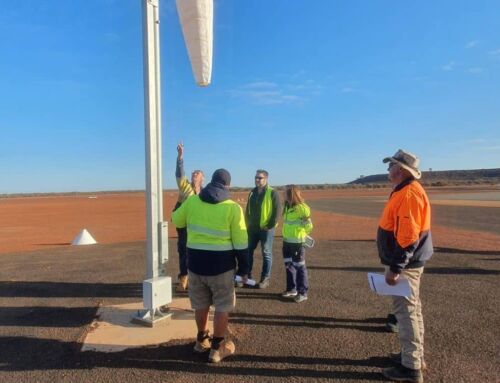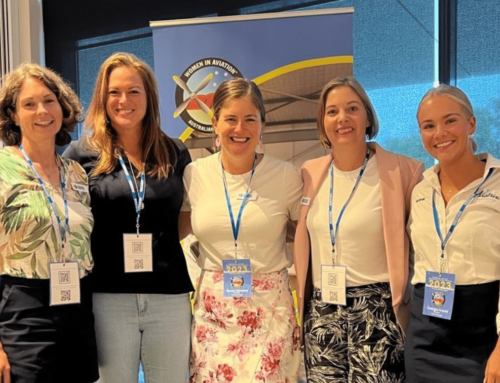New Part 119 changes for Australian Air Transport Operators

From 2 December, 2021, Civil Aviation Safety Regulations (CASR) Part 119 will apply to all air transport operators – including charter, regular public transport (RPT) and medical transport operations.
The new rules announced by CASA will reduce the regulatory differences between aircraft operators by defining one category of air transport. That is to say, applying the Part 119 flight operations rules to all operators holding an Air Operator’s Certificate (AOC) – regardless of size.
Most notably, smaller operators will be required to implement a Safety Management System (SMS) and appoint a key person to manage the SMS.
In addition, all operators will also be required to introduce a training and checking system (T&C), and Human Factors and non-technical skills training (HF/NTS) programs.
While deadlines will be deferred to give operators time to develop and implement these systems and training initiatives, Southpac have a range of courses and services available now to help you get prepared.
What this will mean for aviation operators
Existing charter operators and aerial work (air ambulance) operators who are authorised to conduct Part 142 activities in an aircraft will be subject to a number of new SMS requirements under Part 119. These must be in place by 2 December 2022.
This will extend the current SMS and safety manager requirements to all Australian air transport operators, including for non-scheduled operations. Operators must have procedures in their exposition for the identification, review and recording of risks arising from their operations. Further, they must have the corrective safety controls implemented to address those risks.
For existing charter operators and aerial work (air ambulance) operators who are not authorised to conduct Part 142 activities and were not required to have an SMS and safety manager immediately before 2 December 2021, these requirements will be deferred to 2 December 2024.
To note, Operators will have until 2 March 2023 to ensure they have a training and checking system in place in line with Part 119. The new requirements extend to single-pilot certificated aircraft for charter, aerial work (air ambulance) or RPT operations. However, to note, they will also include existing charter operators and aerial work (air ambulance) operators who were not required to have a training and checking organisation previously.
In addition, training programs for human factors principles and non-technical skills will be required for operators who were not required to have an HFP/NTS training program previously. These requirements will be deferred for existing charter operators and aerial work (air ambulance) operators until 4 December 2023, or earlier if they commence scheduled air transport operations.
As well as these training and system updates, flight operations manuals will be required to transition to an exposition, encompassing all organisational and operational safety documentation – including training and checking manuals, and safety management system manuals.
For a full breakdown of the changes, see the CASA summary of Key Operational Changes here.

How Southpac can help
Southpac Aerospace are specialists in the development and application of aviation management systems. Therefore, we are ideally placed to guide and support aviation operators to meet the new regulatory requirements.
SMS
As a leading provider of aviation SMS training throughout the Asia-Pacific, we’ve worked with countless organisations over the last two decades to support their Safety Management Systems development and train key personnel.
Our internationally-recognised 5-day Aviation SMS Course is a complete SMS package, providing the most comprehensive and effective Safety Management Systems course in the region.
For any organisation looking to upskill a Safety Manager, or provide a general understanding of Safety Management Systems for key operational staff, we recommend initially attending the 5-day Aviation SMS Course to get a thorough overview of the requirements.
Human Factors
As well as offering in-house or public Human Factors training courses for personnel to meet requirements, Southpac can support the development of Human Factors and Non Technical Skills training programs for organisations.
Our team of facilitators and advisors comprises leading experts in Human Factors, including specialists in both fatigue management and FRMS.
We also work with operators in developing FRMS processes which are appropriate to the size and type of each organisation.
Auditor and Investigator Training
Once your systems are established, enhance the capabilities and skills of your safety systems team with further Southpac training.
Southpac is renowned for having the most comprehensive and up-to-date Lead Auditor and Investigator training courses in the aviation industry.
This will extend your in-house capabilities to meet internal auditing or incident investigation requirements.
Looking for an all-in-one solution? Contact us to discuss a tailored package including training and management systems development, or view our full suite of Consulting & Advisory services.










